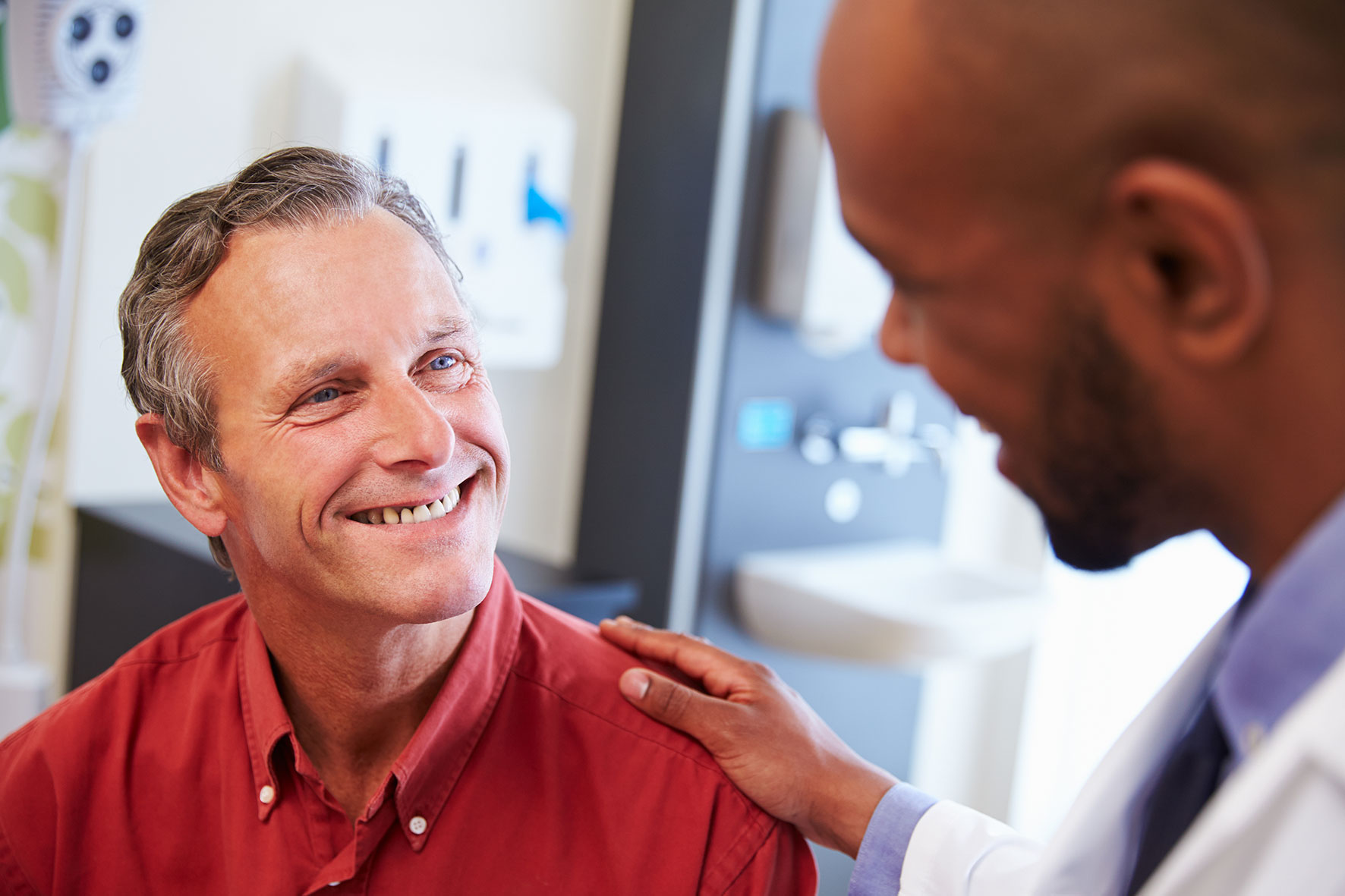At Wish Recovery, we are committed to helping people find a way out of their addiction. We believe that it is essential for someone working to overcome their drug problem to be surrounded by caring individuals in a safe and comfortable environment. We want to help you get back on your feet and feel confident moving forward with your new life.
Understanding Detox
The first step in overcoming addiction is gaining a fundamental grasp of drug detox. To detox (short for "detoxification") is to abstain from or eliminate toxic substances from the body. It refers to an individual's endeavor to clear their body of addictive or harmful substances in the context of addiction. This category includes a vast array of chemical substances. These include both legal and illegal street drugs and prescription and over-the-counter pharmaceuticals.
Drug detox is a regulated technique that health professionals perform in a therapeutic setting providing patients with medical supervision. Allowing the body to detoxify naturally by abstaining from narcotics may also be a component of the treatment.
During this time, the liver, kidneys, and circulatory system clear the dangerous toxin from the entire body, including the brain. In any circumstance, the body will exhibit so-called detox symptoms.
When someone who has been addicted to a drug stops taking it, they may experience withdrawal symptoms, which are bodily discomforts as a result of the power of these substances that have altered the physiology of their body and brain. Various undesirable outcomes may emerge, with symptoms differing from individual to individual. Nausea and headaches are among the most prevalent adverse effects. In difficult situations, seizures, comas, and even death are conceivable.
Unsure if you need detox?
Call us now!
Detoxing from Drugs
There are several ways to detox your body from drugs. Abstinence is the most straightforward technique for detoxification. Patients in this circumstance stop abusing the chemical and wait for the body to eliminate it naturally. This is frequently the least practical and hazardous therapeutic choice. However, some individuals appreciate this detox method for personal reasons, such as cost-effectiveness. However, it is strongly advised to seek professional help detoxing from extremely potent substances such as heroin to minimize the risk of bodily harm.
MAT, or medically assisted treatment, is more effective for helping the body detoxify from opioids. This is a typical technique in detoxification programs involving drugs to help the patient taper off the addictive substances. In certain instances, detoxing with the same drug causing the addiction may be employed, while replacement drugs will substitute for the problem substance in most others.
Medically aided treatment approaches can make detox more tolerable by alleviating physical withdrawal symptoms. Relapse is more likely to occur with cold-turkey attempts or at-home detox kits. In contrast, the success rates for recovery increase with medical intervention.
Withdrawal During Detox
Withdrawal symptoms or adverse effects during detox usually last from a few days to a few weeks to several months. They may be modest or so severe that the sufferer must be hospitalized or given medication.
Synthetic Drugs
These designer drugs include bath salts, ketamine, Ecstasy, LSD, and the infamous "date rape" drug, GHB. A person may experience the following when they stop using these substances:
- Depression
- Verbal and physical hostility
- Tremors
- A difficult time concentrating
- Paranoia
- Erratic heartbeat
- Reduction in food intake
Stimulants
Stimulants are another typical family of drugs that are frequently abused. Substances such as cocaine, crack cocaine, methamphetamine, anabolic steroids, and even Adderall, medications prescribed to treat ADHD, are familiar causes of stimulant-related use disorders. Withdrawal symptoms may include the following:
- Depression
- Fatigue
- Apathy
- Impeded cognitive function
- Lethargy
Marijuana
According to Duke University research, about 95% of the 500 marijuana users studied said they had at least one withdrawal symptom when they attempted to quit. Of that group, 43% experienced multiple symptoms. Users who consumed the drug daily showed to have the most significant symptoms. Some adverse effects of quitting marijuana included the following:
- Weight loss
- Increased or decreased appetite
- Nausea
- Lowered sex drive
- Unstable moods
- Digestion problems
- Sleeplessness
- Dizziness
In most addictions, cravings are a common withdrawal symptom, and they are typically mental or emotional in origin. The severity of the substance use disorder, the time used, and how much a person has used the drug increase the probability of having adverse effects. It is possible to relapse if one cannot control their cravings for the substance during withdrawal, so professional help helps break the cycle.
See Prescription Drug Detox for information about withdrawal symptoms from opioids and benzodiazepines.
Holistic Detox
Incorporating holistic treatment into drug detoxification programs is increasingly gaining validation as an effective adjunct to traditional methods. Holistic therapy seeks to heal the patient on all levels, including the physical, emotional, and spiritual ones. In drug detox, there are many holistic treatment alternatives. Still, acupuncture and massage therapy are the most commonly utilized to relieve nausea, vomiting, and discomfort. These techniques also help induce relaxation, which is especially beneficial for individuals experiencing insomnia due to their drug withdrawal symptoms.
Have questions about detox and addiction treatment?
Contact us today!
This Is the Beginning of Long-Lasting Change
Drug detox at Wish Recovery is your first step toward lasting recovery. Our boutique concierge treatment, luxury accommodations, and state-of-the-art amenities will inspire and motivate you along your journey. We have compassionate doctors and therapists who will guide you through the recovery process.

